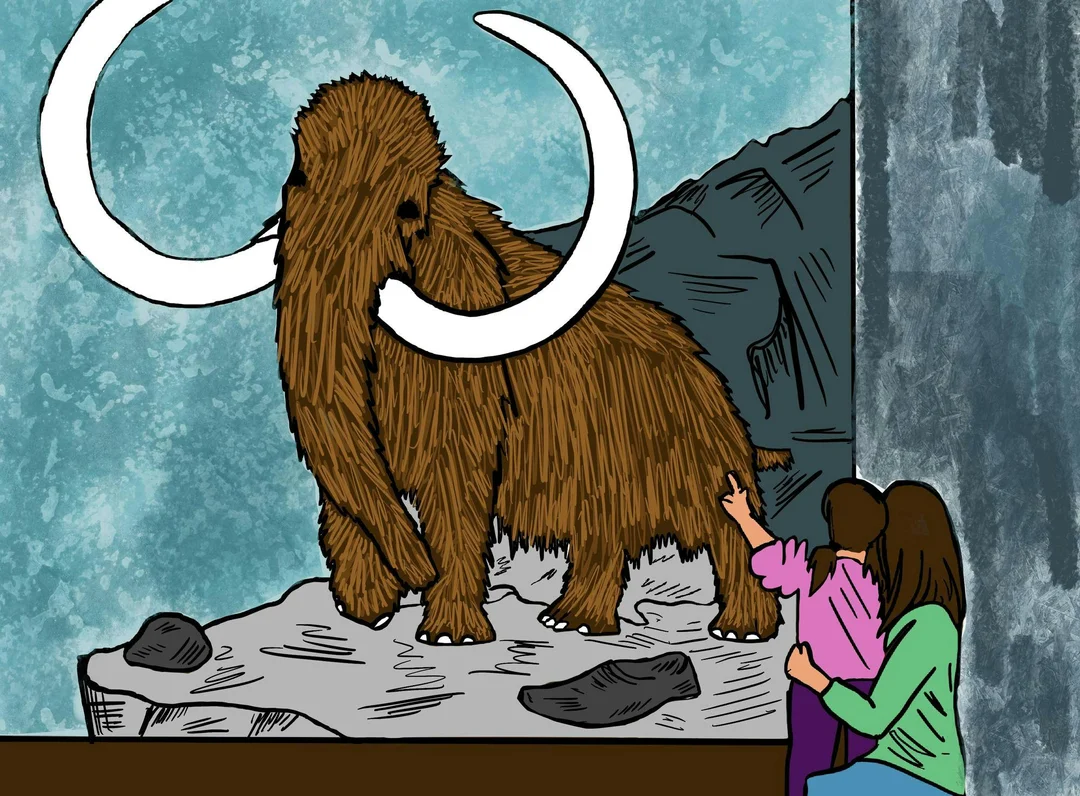
The Ethical Dilemma of Reviving Extinct Species
In an era where biodiversity is rapidly declining, the pursuit of resurrecting extinct species presents both an exciting opportunity and a dire ethical dilemma. Colossal Laboratories & Biosciences, a biotech firm based in Dallas, has taken on the ambitious goal of reviving extinct animals, including the Tasmanian tiger, mammoths, and dodo birds. The question remains: Are these endeavors a step towards restoring ecological balance, or merely an attempt to play God?
As we delve into the facts, more than 47,000 species are currently threatened with extinction, and just last year, the International Union for Conservation of Nature reported five newly extinct species. Against this sobering backdrop, the concept of functional de-extinction—a method utilizing advanced genetic technology such as CRISPR-Cas9—emerges as a beacon of hope.
Colossal Laboratories defines its work as an effort to manipulate genomes of long-gone species to ensure they can withstand climate change and other modern threats. However, the company's most celebrated achievement, the supposed revival of the dire wolf, raises significant questions. While they have created hybrids that exhibit traits similar to dire wolves, these are genetically modified gray wolves rather than true representations of the extinct species.
Jeffery Kluger, an editor at large at Time Magazine, has endorsed this achievement, stating, "The pups are wolves. Not only that, they’re dire wolves." Yet, the insistence that they have successfully revived an extinct species faces scrutiny. Critics argue that these genetically modified organisms cannot truly replace their ancestors nor restore the ecological roles they once filled.
Furthermore, Colossal Laboratories advocates for reviving keystone species, like elephants and wolves, as vital components of healthy ecosystems. Ironically, the company’s focus on resurrecting species that went extinct thousands of years ago fails to address the ongoing extinction crises afflicting ecosystems today. Instead of reviving ancient species, should our scientists be concentrating efforts on protecting the diverse life that exists right now?
As we ponder these questions, it becomes evident that the notion of resurrecting extinct species often teeters on the line between scientific marvel and ethical quandary. The company's claim of "fixing" humanity's impact on biodiversity is indeed misleading, as it detracts from the urgent need to address habitat destruction, climate change, and poaching affecting existing species.
Ultimately, the pursuit of de-extinction is not just a matter of scientific ability; it's a philosophical one that demands introspection about our responsibilities as stewards of the earth. Rather than seeking to resurrect the past, should our focus not be on preserving the future of the existing fauna and flora? We invite you to ponder this question and share your thoughts: Is it ethical for humanity to revive extinct species, or should we respect the boundaries set by Nature herself?
We encourage readers to leave their comments below and share their perspectives on this heated debate.